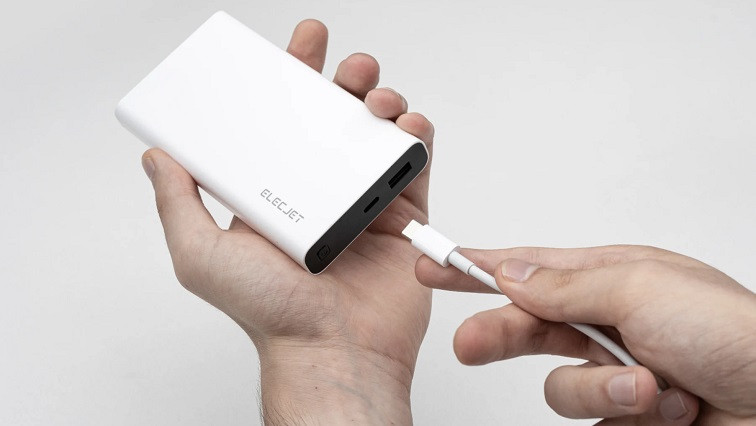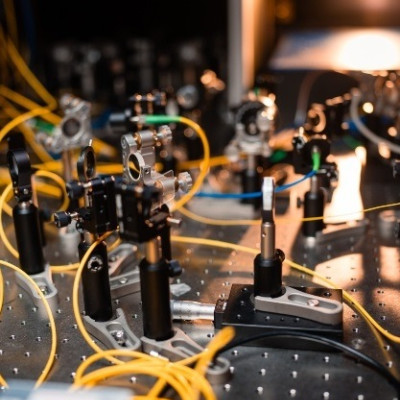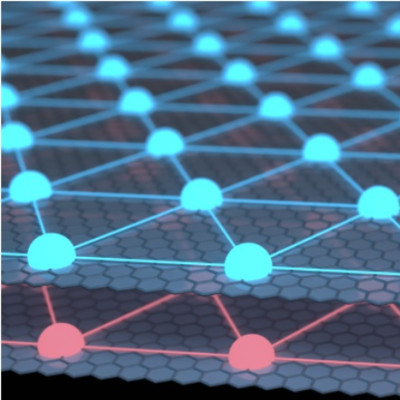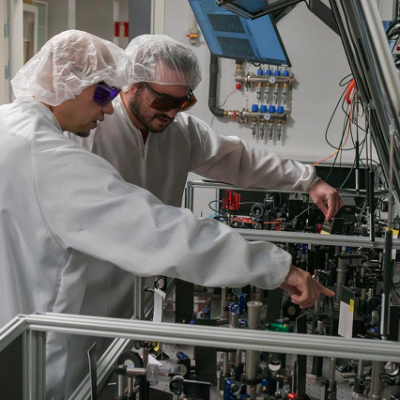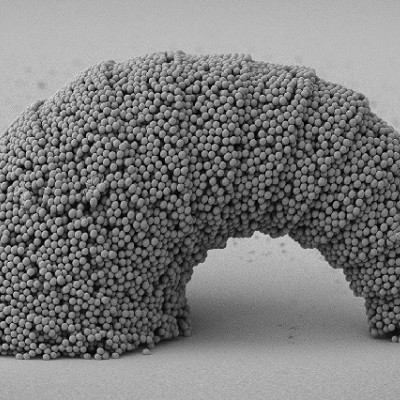Elecjet improves the lithium cells that are inside every device, by using what it calls "composite graphene cells”. It presumably means mixing a graphene solution in with the lithium in the cathode, and then adding layers of graphene coating the anode.
This reportedly enables offering lower resistance and higher thermal conductivity, and these graphene-lithium composite cells are able to theoretically be charged five times faster, and run through five times more charge cycles, but are about 25 percent less energy dense than regular lithium.
In the future, Elecjet plans to make the power module smaller to mitigate the density issue, and it also claims it has “ a new battery under the wraps” that can get closer to the density of regular cells.
As this new product is still on Indiegogo, it is not yet on the market. Production is planned to begin shortly, and users backing today should reportedly expect their devices in early 2022.
Former ventures by Elecjet, however, in both the Elecjet Apollo and Apollo Max campaigns, had their issues. A few users reported exploding power banks, others claimed to never receiving their units and there were users who has other complaints as well. All of these complaints have reportedly "now been addressed", but only in the past few days leading up to the launch of the new product.
Elecjet merged with another company called Real Graphene earlier this year. Both companies were founded by the same person, Samuel Gong, a UC Berkeley engineering graduate, but Gong says he was not involved in the day-to-day operations of Elecjet until the two merged.
Read the original article on Graphene Info.

